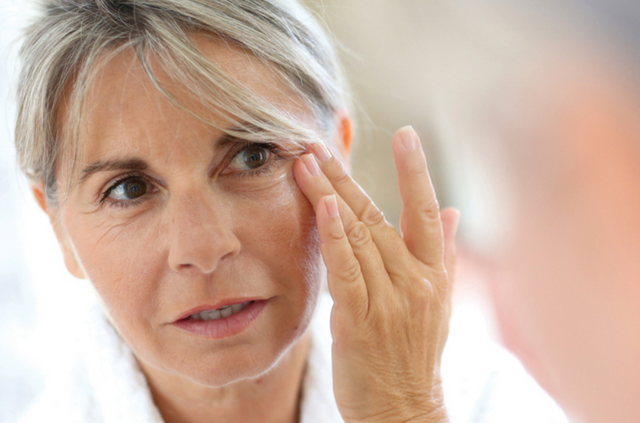
Discover what is stressing your skin and causing problems.
If you have sensitive skin, trying to find out what is causing the problems can be frustrating. What causes problems in one person may not cause symptoms in another. This makes it difficult to find a solution.
However, there are a few common factors that are known to cause skin changes. Learning what these factors are can help us find the things that put the most stress on our skin. Let's take a closer look at these factors:
Nutrition
Our skin also acts as an excretory system to get rid of things that our body no longer needs. What we eat therefore has a great influence on how our skin behaves.
There are now many known food intolerances, including dairy products, eggs and nuts. But the list is almost endless. Fermented foods, for example, contain a lot of histamine, which can cause eczema or psoriasis. We recommend keeping a dietary diary. This will help to identify possible intolerances over time.
Stress
If we are stressed or tired, our immune system is weakened, which in turn can cause problems. The reason is that the hormones released by stress can slow down the functions of the skin. Permanent stress can thus affect the skin barrier, making it sensitive.
If stress is a trigger for skin problems, you should actively look for ways to relax. Meditation, yoga, autogenic training or simply reading a good book can reduce the stress level. You should also sleep as much as possible.
Hormones
Hormonal fluctuations also influence skin health. For example, many women experience monthly relapses around the menstrual cycle. Then it is important to pay attention to the vitamin B-6 supply. This can help to regulate hormone imbalances. (It is always best to seek medical advice on this).
But there are many other factors that can throw hormones out of balance. Sleep deprivation and stress have already been mentioned, health problems or the pill can also play a role.
If you think that a disturbed hormone balance is responsible for your skin problems, you should discuss this with your family doctor.
The environment
In winter you have cold air outside and extremely dry air in apartments, in summer intense sun can dehydrate the skin and make it more susceptible to problems. In addition, there is of course also air pollution, daily dirt ... Our skin protects us from all of these things, and sometimes it absorbs them.